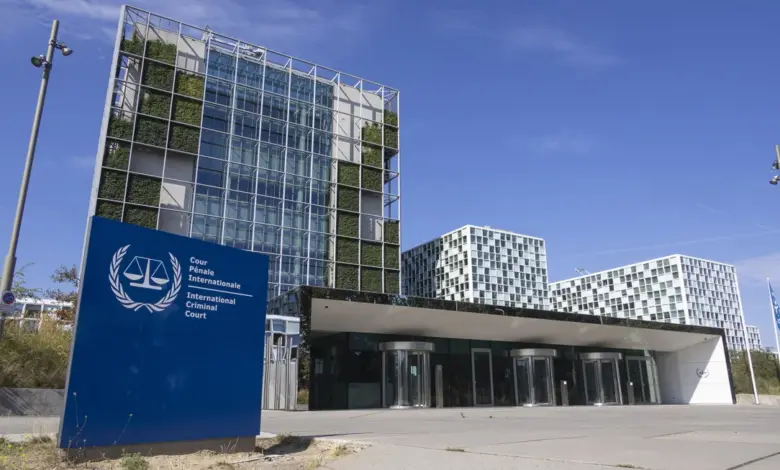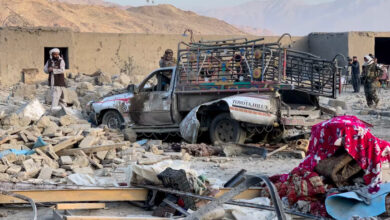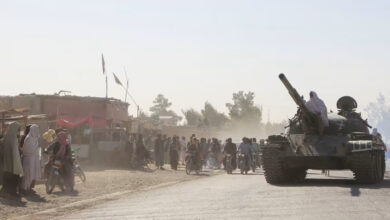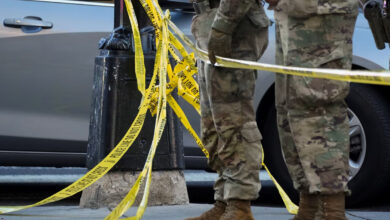
The International Criminal Court (ICC) is seeking arrest warrants for Taliban leaders for alleged gender-based crimes, as the group continues to crack down on women’s rights in Afghanistan.
In a Thursday statement the ICC chief prosecutor said that “there are reasonable grounds to believe that the Supreme Leader of the Taliban, Haibatullah Akhundzada, and the Chief Justice of the ‘Islamic Emirate of Afghanistan’, Abdul Hakim Haqqani, bear criminal responsibility for the crime against humanity of persecution on gender grounds.”
“My Office has concluded that these two Afghan nationals are criminally responsible for persecuting Afghan girls and women, as well as persons whom the Taliban perceived as not conforming with their ideological expectations of gender identity or expression, and persons whom the Taliban perceived as allies of girls and women,” ICC Chief Prosecutor Karim Khan said.
The applications for arrest warrants sought by the ICC prosecutor still need to be approved by a judge. If warrants are authorized, the Netherlands-based court does not have its own enforcement mechanism and has relied on the support of signatory countries to make arrests.
“The news that the ICC will take action against the Taliban gives us hope that our voices are not forgotten – that the world still hears our call for equality and justice,” an Afghan activist who provides door-to-door basic literacy classes for girls in rural Afghanistan, under severe restrictions, told CNN. She asked to withhold her name for fear of reprisals.
Since the Taliban seized control of Afghanistan again in August 2021, women and girls have been essentially erased from public life.
The Taliban government initially presented itself as more moderate than the version of the group that ruled in the 90s, even saying it would allow women to continue their education.
Instead, the hardline Islamist group has done an about-face and banned women from going to university, closed secondary schools and beauty salons, and stopped women from working at NGOs, including at the United Nations.
One of the latest decrees from the Taliban government says new buildings must not be constructed with windows through which women can be seen. Existing buildings with windows must be walled up or covered. “Seeing women working in kitchens, in courtyards or collecting water from wells can lead to obscene acts,” said Zabihullah Mujahid, a spokesperson for the government.
Human Rights Watch (HRW) welcomed the arrest warrants on Thursday, calling them “a reminder that justice can prevail.”
“The Taliban have been systematically denying women and girls of Afghanistan their fundamental rights for the past three and a half years. It’s time for them to be held accountable for these violations,” Fereshta Abbasi, an Afghanistan researcher for HRW, told CNN.
“We are also hoping to see the ICC expand its investigation for other grave abuses, including those committed by international military forces and the Islamic State in Afghanistan,” she added.
No country formally recognizes the Taliban as the legitimate rulers of Afghanistan, but some nations, such as Russia, China and Pakistan, have established diplomatic ties with the group.




